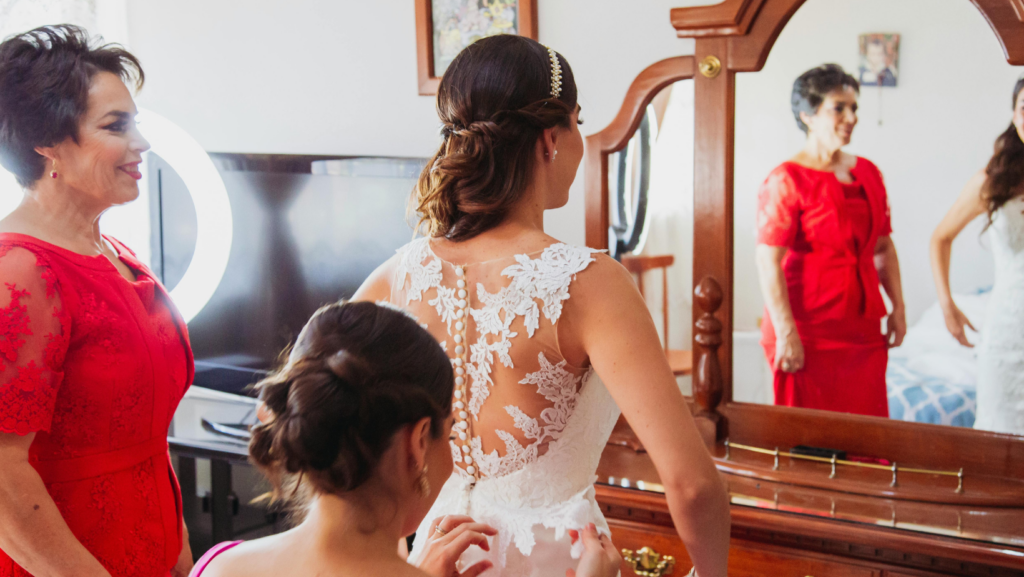From the nurturing Marmee in “Little Women” to the fiercely protective Molly Weasley in “Harry Potter”, the portrayal of mom characters in literature has always held a significant place. They’re often the unsung heroes, the backbone of their families, shaping the narrative in subtle yet powerful ways.
Mom Characters
Diving deeper, mom characters in media play pivotal roles in driving plotlines and character development. From classic sitcoms to hard-hitting dramas, these maternal figures frequently serve as emotional anchors, exhibiting immense strength and resilience. They also offer stability and support, critical in molding their children’s personalities and values. Instances include Joyce Byers in “Stranger Things” navigating a topsy-turvy world to protect her son, and Lorelai Gilmore from “Gilmore Girls”, exemplifying a tight-knit mother-daughter bond.
The Evolution of Mom Characters Over Time

Mom characters have undergone a transformation over the years. Originally depicted as nurturing, self-sacrificing figures, they’ve evolved into multi-dimensional characters reflecting diverse aspects of motherhood. For instance, in the 1950s, June Cleaver from “Leave It to Beaver” represented the ideal, Domestic Goddess mom. Fast forward to the 1990s, moms like Roseanne Conner from “Roseanne” emerged, portraying a more realistic, hardworking mother facing real-life struggles. Presently, characters like Rainbow Johnson from “Black-ish” display nuances of modern motherhood, balancing careers and personal lives alongside raising a family. This evolution aligns with societal shifts, reflecting changes in the perception of motherhood.
Highlight: Iconic TV Mom Characters
Delving deeper, the article honors some unforgettable TV mom characters. Claire Huxtable from “The Cosby Show” leads the pack, embodying career-driven modern motherhood, always skillfully juggling her lawyer role with raising five children. “The Brady Bunch’s” Carol Brady represents ultimate family harmony, showcasing a calm, loving demeanor while leading a blended family. Marching into the animated realm, Marge Simpson from “The Simpsons” exhibits undying family loyalty amidst everyday absurdities. Capturing laughter and pathos simultaneously, Jill Taylor from “Home Improvement” makes her mark as both a supportive mom and a voice of reason.
Character Analysis: The Psychology of Mom Characters
Delving deeper into the maternal psyche, it’s evident that mom characters often carry significant emotional burdens. They serve not only as home keepers but psychological pillars for the family. Marmee, Molly Weasley, and June Cleaver portray a strength that emerges in response to family adversity. Gloria Pritchett, Sophia Petrillo, Skylar White, and Norma Bates offer complex profiles that shatter stereotypes, underlining the universal yet unique nature of motherhood. Their psychological exploration yields poignant narratives, reflecting society’s multifaceted maternal depiction.
Deconstructing Mom Characters: Beyond Stereotypes

Shattering norms, mom characters often weave nuanced stories. Protagonist mothers like Marmee and Molly Weasley function as guiding lights, offering direction by framing their choices around familial welfare. Moms like June Cleaver and Rainbow Johnson serve as evolution markers, reshaping the typical image of motherhood into a multi-faceted role.
The diversification in mother characters emerges, as evident in figures like Gloria Pritchett and Sophia Petrillo. They embody cultural variations, enriching narratives with non-conventional mom characters who challenge cultural stereotypes. The portrayal of mothers undergoes further deconstruction through characters like Skylar White and Norma Bates. They harbor dark secrets, unveiling layers in their personalities way beyond traditional maternal roles, contributing to the trope of maternal characters carrying emotional burdens.
Must Know
Mom characters have truly evolved in literature and media, proving they’re more than just supporting roles. They’re unsung heroes, guiding lights, and psychological pillars. Their portrayals have become increasingly complex and diverse, mirroring society’s changing views on motherhood. From the emotional strength of Marmee and Molly Weasley to the cultural richness of Gloria Pritchett and Sophia Petrillo, these characters add depth and dimension to narratives. Figures like Skylar White and Norma Bates push boundaries further, revealing layers beyond traditional roles. These developments not only enrich storytelling but also challenge stereotypes and broaden our understanding of maternal roles. As we continue to see more nuanced and diverse mom characters, we can look forward to richer narratives that reflect the multifaceted nature of motherhood.
